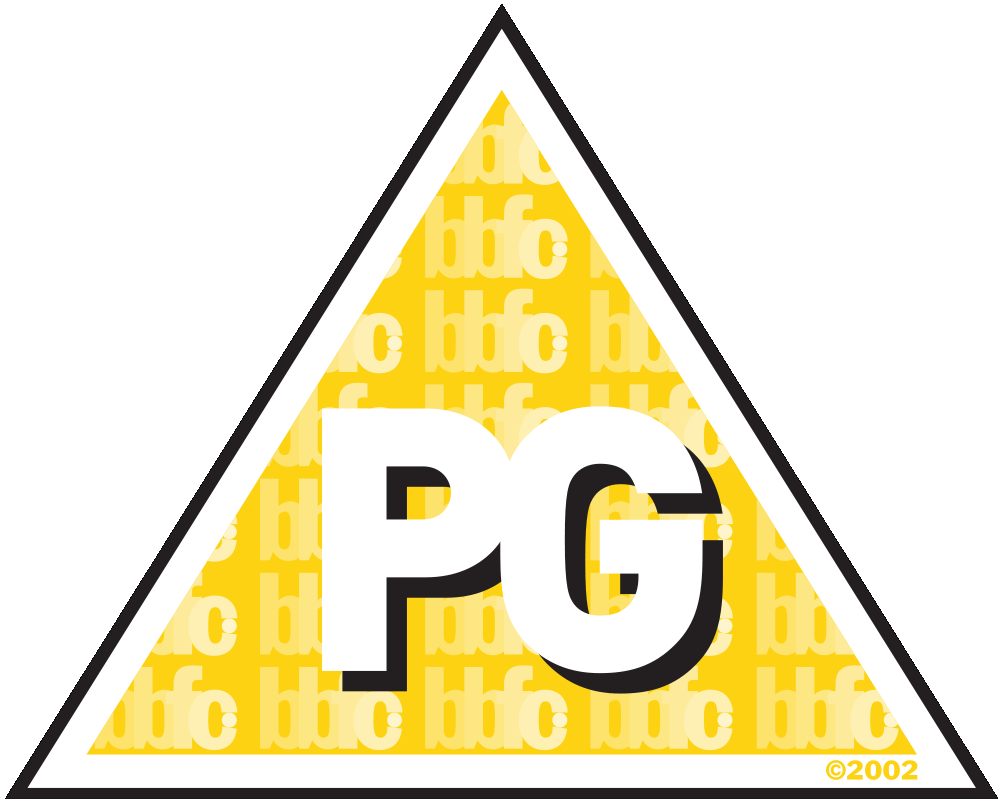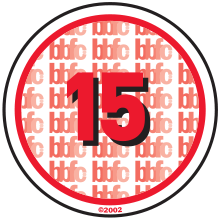The British Board of Film Classification is an independent body which classifies films with age ratings according to their content.
It was formed in 1912 as 'The British Board of Film Censors' by various people in the film industry, who wanted to manage their own censorship, rather than the government. Their main office is located in Soho, London. They are a non-profit organisation, and fees are for covering costs only and in order to maintain it's independence, the BBFC is never supported by any parties from the film industry or the government.
When presented with a film, at least two examiners must classify it with the published guidelines, this decision is then verified by a senior member. On occasion, the examiners may fail to come to an agreement, in this case more members of the board (and sometimes even the director and / or president) will decide.
It should be noted, however, that the BBFC doesn't technically have any legal power, the responsibility falls to local councils to decide who is suitable to view, though this minor technicality rarely affects the ratings issued, rendering it 'pretty-much' legally binding.
Various certificates are used by the BBFC to classify films -
The 'U' rating stands for 'Universal', or 'Suitable for all'. Films under this classification may have infrequent use of very mild bad language and references to sexual behaviour, though the focus of the film would never be on these things. Any threat, danger or mild violence is resolved quickly and reassuringly.
'PG' stands for Parental Guidance. These films can include mild bad language and mild violence, though it should not contain any themes considered inappropriate for a child of 8 or over. An effort is made not to condone or encourage any questionable behaviour at this classification (eg. bullying, using weapons)
12 and 12A use the same standards for classification, though accompanied viewing can not be enforced in peoples homes, so the 12A classification exists only in cinemas. Where it does apply, it requires an adult to accompany any child under the age of twelve in the theatre. The 'f' word is passed at this rating, depending on the manner and frequency it is used. Moderate violence and sex references are allowed, but not in any degree of detail.
A 15 is a benchmark in the rating system as it permits the depiction of the following things
- Strong violence
- Frequent strong language (e.g. 'f***').
- Portrayals of sexual activity
- Strong verbal references to sex
- Sexual nudity
- Brief scenes of sexual violence or verbal references to sexual violence
- Discriminatory language or behaviour
- Drug taking
The importance of the 18 rating is that, under it, no themes are prohibited. In addition, there is no limit to the amount of strong language that can be used.







No comments:
Post a Comment